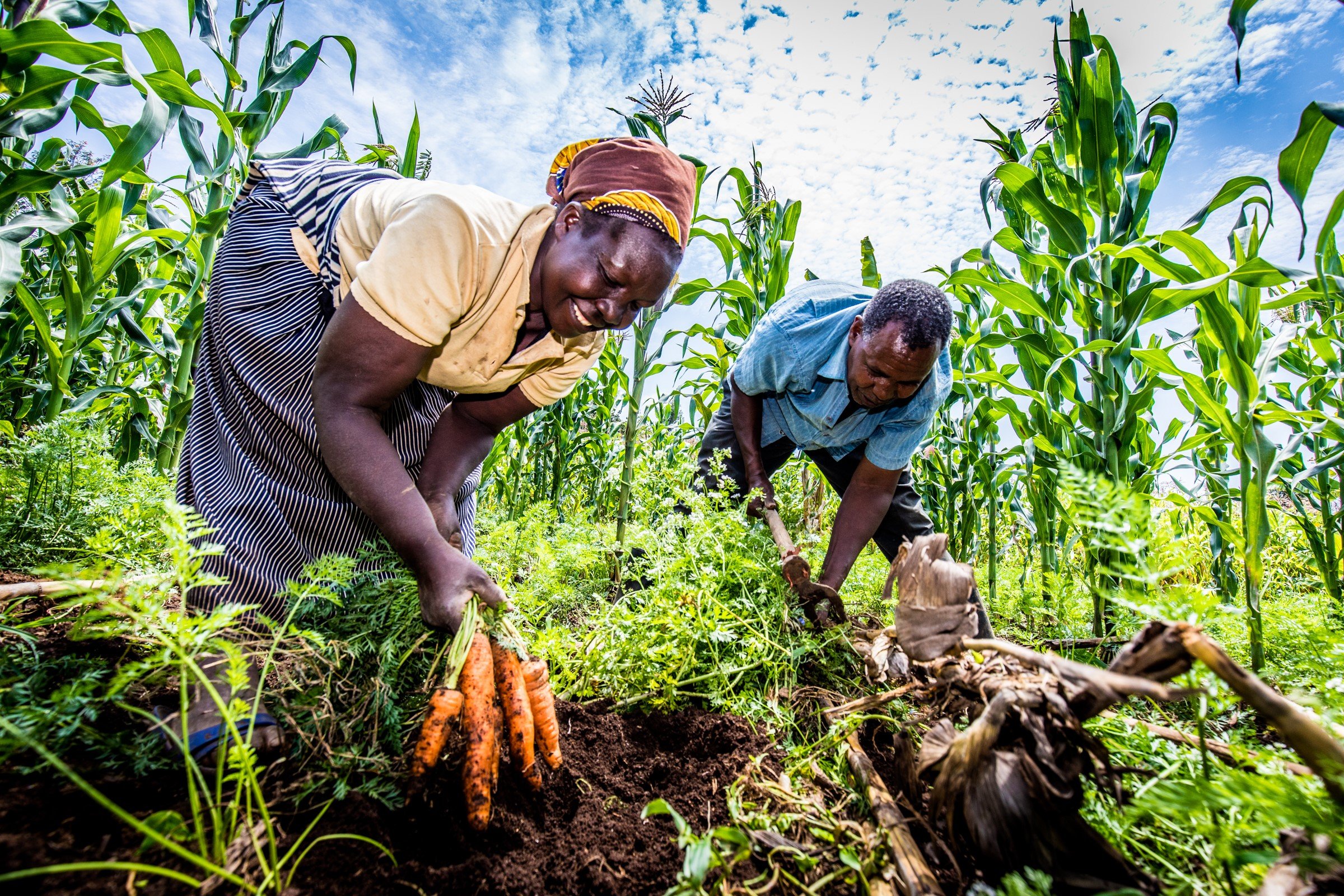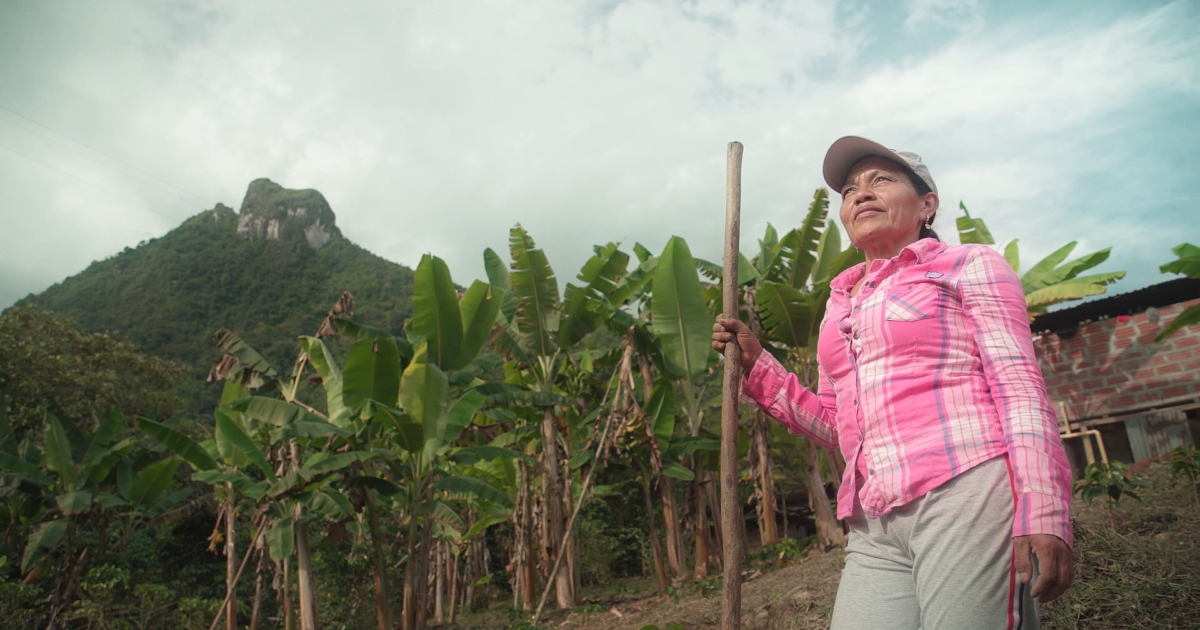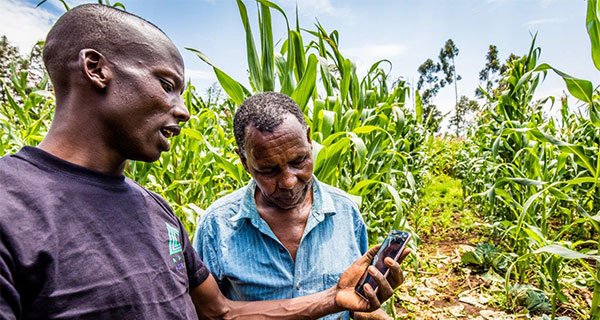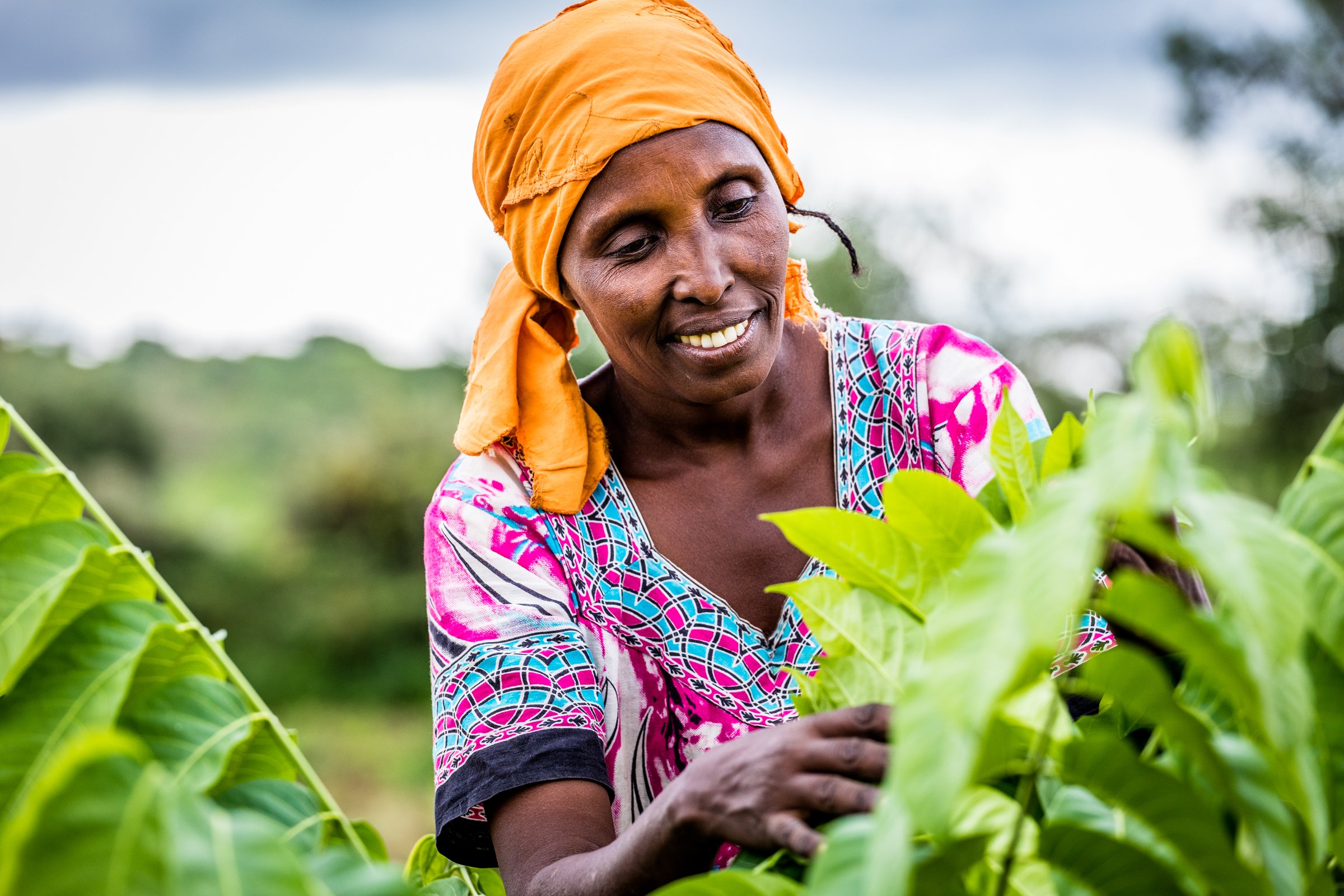
The ACORN project is a proposition spearheaded by Rabobank that aims to support smallholder farmers in developing countries. The benefits of doing so are twofold:
Helping them implement more sustainable agricultural practices like agroforestry.
Improving their earnings by allowing them to convert agricultural best practices into carbon credits.
Satelligence had the pleasure of presenting the ACORN project alongside Rabobank at the Corporate Investments into Forestry and Biodiversity Summit, Amsterdam 2022.
ACORN’s mission? It’s simple: to ensure smallholder farmers across the supply chain are remunerated for nurturing their land sustainability.
ACORN’s lofty ambition to support 15 million smallholders by 2030 would see 150 million tonnes of CO2 removed from the atmosphere annually. ACORN currently has projects in Uganda, Tanzania, Nicaragua, Brazil, Peru, and Ivory Coast, and is rapidly expanding to other countries in Latin America, Southeast Asia, and Africa.

Challenging Monoculture
The necessity of scaling to remain competitive has made monocultural farming business as usual for farmers. The negative impacts of monoculture on soil and biodiversity are now widely understood.
The benefits of agroforestry are manifold; when crops are diversified, biodiversity grows, soil is healthier, resilience to disease and weather extremities is improved, and farmers’ income is diversified.
Agroforestry’s nothing new, but smallholder farmers have lacked the scalable economic incentives to implement it. Until now.
In partnership with Satelligence and Space4Good, ACORN was able to improve its AI training data and achieve accurate readouts through meticulous, incremental improvements to their algorithm. The big breakthrough was getting the methodology verified by Plan Vivo, unlocking finance options that were previously unavailable. Measuring the carbon captured through agroforestry projects enables us to see its value in clear economic terms.
It took only a few years for those people to realise that computers making decisions is, at best, a very romantic idea. No problem, enter DSS: Discussion Support Systems. Reflection, learning, insight:
“Systems and data shouldn’t make decisions; decision making should be done in the political domain, by humans.”
There are also domains where this insight has not sunk in yet, like with our friends at the military.
In other words: with the introduction of (every) new technology a new hope follows its wake, where people really want to believe problems magically disappear. The technology and its attributes get glorified by the believers, reality strikes back, disappointment follows, and technology finds its proper place in the human discourse.
0 to 1: perfectionists are nihilists
Related to this inflated belief in the promises of new technology is usually the boom of startups and initiatives around it. They are all disruptive. And they all promise the world.
Where they usually fail, and this is especially the case for Remote Sensing based companies, is recognising where their value proposition has the largest leverage.
Let’s model the world as a line.

Democratising the Carbon Market
ACORN uses Satelligence’s technology, and a network of locally embedded NGOs, farmer cooperatives and organisations, to measure sequestered carbon for each individual smallholder farmer. The credits from this sequestered carbon are then sold on the Voluntary Carbon Market where 80% of the revenue goes directly to the farmer.
The race to net zero has corporations around the globe cutting emissions to meet climate commitments. For now, some of these emissions are unavoidable, so companies need to compensate for them by buying carbon offsets.
Satelligence’s monitoring system allows ACORN to calculate the emissions sequestered by smallholders and convert them into Carbon Removal Units (CRUs). CRUs are ex-post, meaning that each Unit sold represents one tonne of carbon that has already been removed from the atmosphere. This crucial detail neutralises claims of additionality and impermanence that have dogged the carbon market since its inception. Indeed, it may help to put some concerns about the carbon market to bed.
Satelligence’s methodology is E&Y assured, which means that ACORN can calculate precisely how much revenue participating farmers stand to generate.

Challenges on the Road Ahead
ACORN’s success is becoming apparent, but structural issues in the carbon market undermine the sale of high-quality, reliable credits while cheaper, spurious alternatives look better than they actually are. Pre-regulation, the carbon market still has quality control issues. As such, companies purchasing carbon credits are vulnerable to accusations of greenwashing.
To lead the change to a climate positive future, purchase carbon credits that you can trust. An auction of 100,000 CRUs will take place on November 8th.
